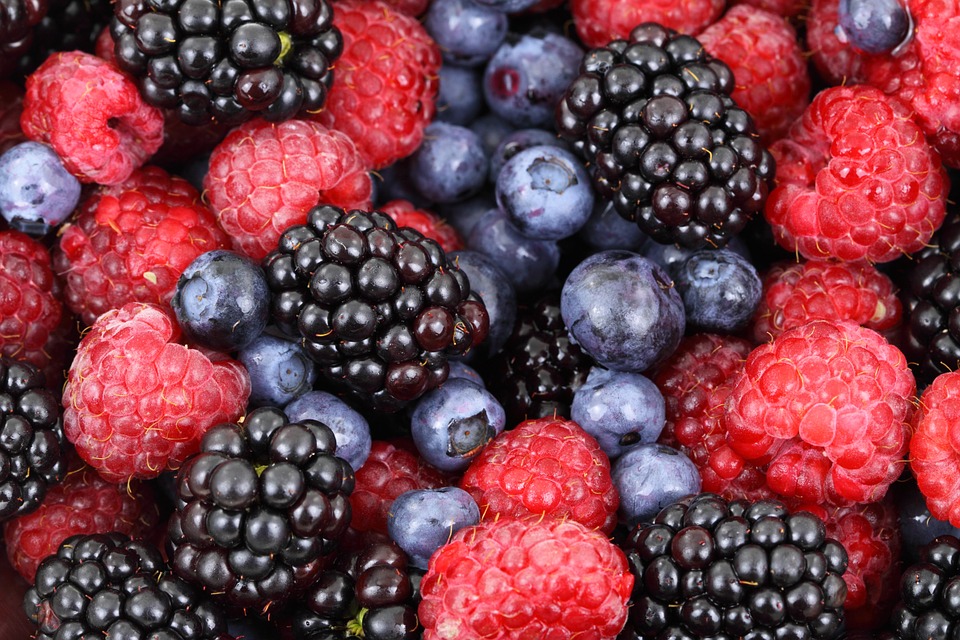7 Smart Reasons to Use Products With Non-GMO Ingredients

Genetically modified organisms, or GMOs, have been all the buzz lately. Considered by some to be one of the greatest concerns regarding the health of us humans and animals alike, there is a growing body of evidence that suggests we should distance ourselves from its use and avoid products that contain GMOs if at all possible.
The reasons cited for avoiding their use is concerning and although it still seems pretty up-in-the-air about what real harm they can cause, it’s probably best to make an effort to avoid them and use whole, fresh ingredients.
1. GMOs Have Been Linked to Various Health Issues
Animal studies have shined a light on some of the potential side effects of consuming GMO products, and the results were compelling enough that the American Academy of Environmental Medicine has started to urge doctors to suggest non-GMO diets for all of their patients.
Some of the side effects found include gastrointestinal and immune system disorders, infertility, aging at an accelerated rate, and organ damage to name a few.
2. GMOs Contaminate the Gene Pool
GMOs are not easily contained. Their seeds can travel and they can cross-pollinate so over time the problem is only going to get worse. There is no way to clean up the contamination that has been caused to our crops’ gene pool. This contamination has caused many monetary losses for farmers attempting to produce non-GMO and organic crops due to difficulty keeping them pure.
The effects of self-spreading GMOs may very-well outlast those of more prominent worldwide concerns such as nuclear waste and global warming! The impact that GMO contamination may cause in the future is concerning and may threaten the health and well-being of many generations to come.
3. Genetic Modification Causes Unpredictable Side Effects.
GMOs are typically created by mixing genes from completely unrelated species in order to attain more desirable traits from crops. A common consequence of this though is that unpredictable side effects can occur. New allergens, carcinogens, and toxins may be introduced to crops that previously had none.
4. GMOs Damage the Environment
GMO crops have been found to cause distress to the environment by way of polluting waterways and reducing biodiversity.
The increased use of pesticides brought on by the rapid adoption of GMO crops has been found to promote weeds that have built up a resistance to common pesticides. These “superweeds” are resistant to the gentler pesticides that have been used to and as a result, much more toxic substances are starting to be used.
5. They Negatively Impact Animal Health
Not as commonly talked about though equally important, GMOs have a profound negative impact on the health of our animal brethren.
As GMO crops have become more commonplace, so has the use of pesticides. Research indicates that since GMO use first started, 318 millions more pounds of pesticides have been used than would have been had GMOs not been introduced.
This increased pesticide use has been linked to birth defects in amphibians, organ damage in animals, endocrine system disruptions, and a rapid decline in the populations of insects such as monarch butterflies and bees.
6. GMOs Can Disrupt Your Gut Biome
Glyphosate, the herbicide usually associated with GMO crops has been found to have a negative impact on the bacteria in your gut. By eating GMO foods, an increase in the bad bacteria residing in your gut will likely occur, while the healthy bacteria which are less resistant to Glyphosate will decline. As a result of this unbalanced gut flora, you are at an increased risk for such conditions as leaky gut, Candida overgrowth, and inflammation.
7. Grounds for Moral and Ethical Concerns
The prolific use of GMOs has brought on more ethical issues as well. Since modifying the genetic make-up of an organism can be seen as changing the core or essence of a thing’s existence, religious and philosophical scholars are questioning whether this is threatening the natural order of the world and creating something entirely unnatural.
The genetic modification of animals also raises more ethical concerns due to the potential suffering caused by mutation.
With all the research pointing to the growing use of GMO crops causing a whole host of problems, avoiding GMO ingredients seems like a no-brainer to me. Avoiding GMO products is the morally and ethically sound thing to do. You and the rest of the world will be better off without them!

















